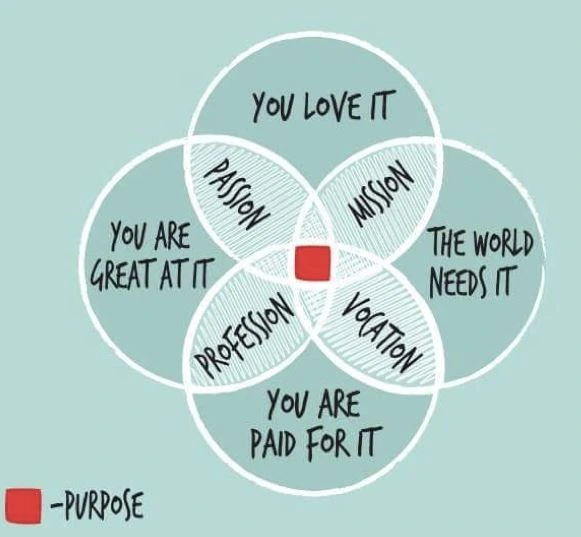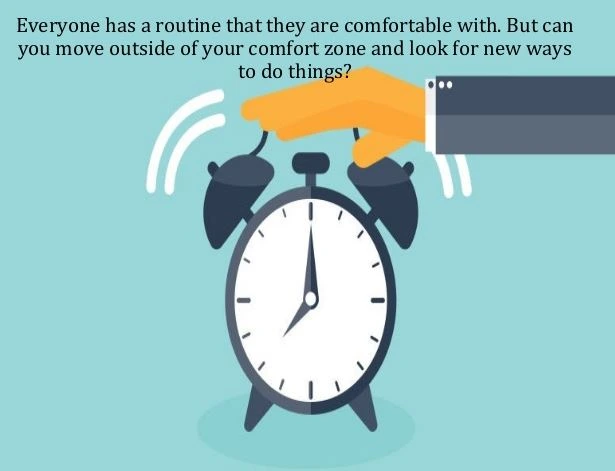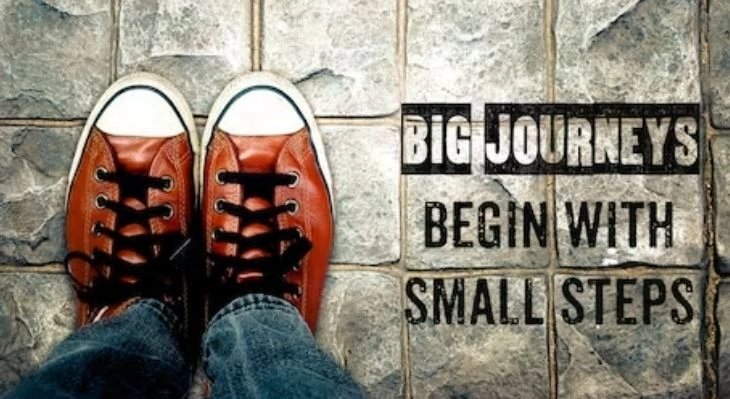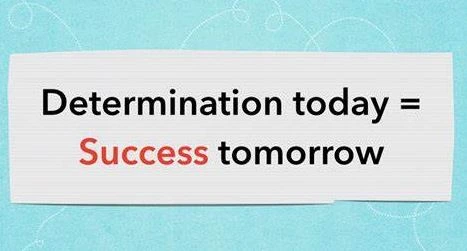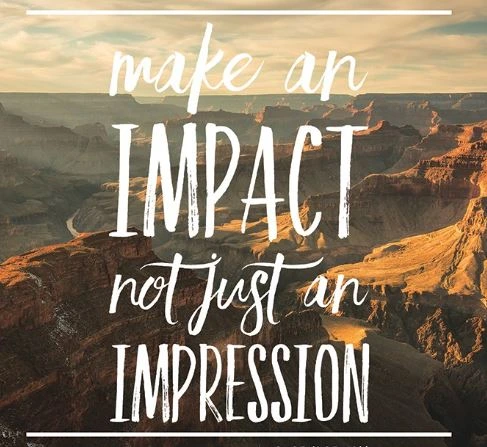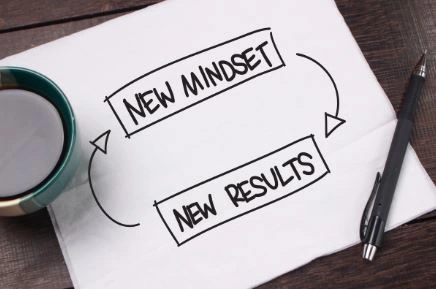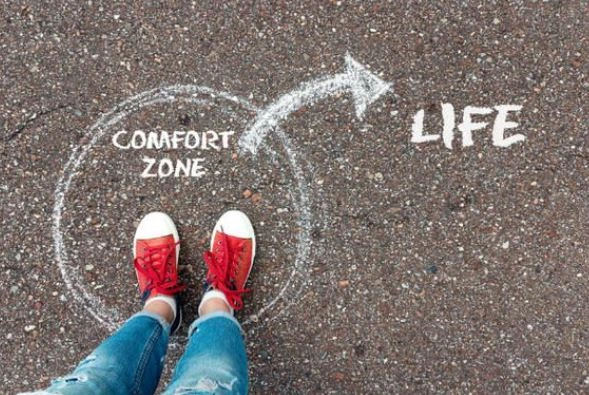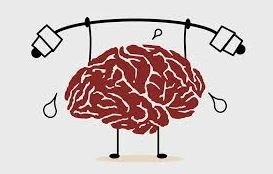Mindfulness Aide Memoire
Mindfulness
Guide and Tips
If your mind strays to your to-do list or your worries, don’t judge yourself.
Gently direct your thoughts back to the exercises.
You only need a few minutes a day and the change in your mental and physical health will be palpable.
Over time, the process will feel more natural to you.
SENSE
Pay attention to your five SENSES. Observe your relationship with your product or activity.
BREATHE
Pay attention to what it feels like to BREATHE in and out. Focus on your stomach as it rises and falls with each breath. Practice sitting up straight in a chair with your feet on the floor.
OBSERVE
Take the time to stop and OBSERVE the world around you closely with new eyes. Bring yourself back to the here-and-now to gain a greater appreciation for the world around you.
CREATE
Establish a special place for you to unwind. CREATE, feel positive and safe. A few minutes of calm can give you energy for the day ahead and some deep breaths before bed can help you sleep more soundly without worrying about the next day.
Mindfulness
Meditative Practice of:
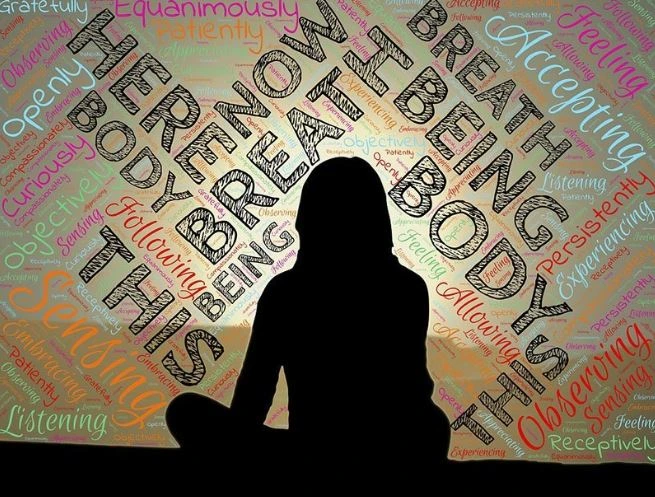
- Paying attention to your body, mind and surroundings in a non-judgmental manner
- Creating space between an action and your reaction
- Bringing awareness to your emotions and those of people around you
- Applying and managing your emotions effectively through mindful thoughts and actions
- Directing yourself away from self-incriminating thoughts
Learn to Clear Your Mind. Practice.
Meditation takes practice and knowledge to learn to clear your mind, stay peaceful and relaxed. It is vital to establish a routine to meditate regularly and set your intention to be present in the moment. Anecdotal reports and demonstrated evidenced-based activities with over 30 years of published research suggests that 10-30 minutes a day could provide subjective benefits.
BENEFITS
IMPROVE FOCUS AND MEMORY
Mindfulness training improves working memory capacity and reduces mind wandering. After 2 weeks, reports indicate that there is an increase in scoring (equivalent to 16 percentile points).
BE LESS STRESSED
Meditation can help you be less stressed in typically stressful situations.
Research shows that meditation can significantly reduce stress after just eight weeks of training and meditating before a stress-inducing event was found to reduce feelings of stress during the event.
STRENGTHEN ASSESSMENTS
Participants who practiced meditation exhibited a ‘thickening in the prefrontal cortex of the brain’. Meditation decreases activity in the brain’s ‘Me Center’, which is responsible for complex thinking, attention and personality.
The ‘Me Center’ processes information relating to ourselves and our experiences. Meditation weakens this neural connection and simultaneously strengthens the connection between our assessment center, our body sensation and our fear center. As a result, we are able to look at upsetting or unnerving situations more rationally.
REDUCE ANXIETY
Meditation can reduce anxiety and social anxiety disorder and bring about changes in brain regions involved in attention, as well as, relief from symptoms of social anxiety.
REDUCE RELAPSE INTO SUBSTANCE ABUSE
Meditation can help people recover from various types of addiction and reduce relapses into substance abuse.
Evaluations included the long-term efficacy of mindfulness-based relapse prevention (MBRP) and group-based psycho-social aftercare.




